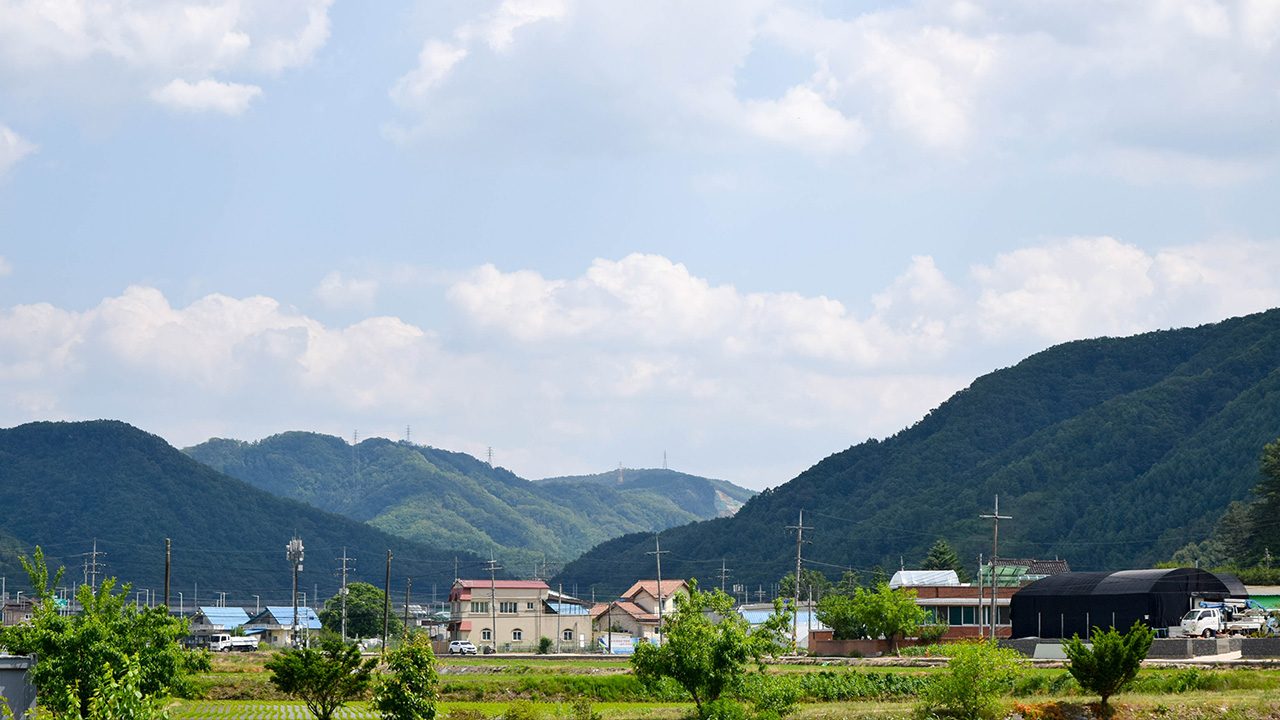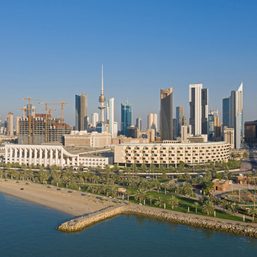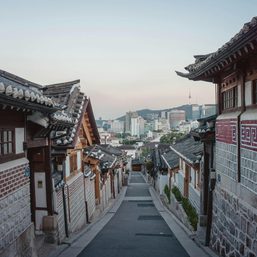SUMMARY
This is AI generated summarization, which may have errors. For context, always refer to the full article.

MANILA, Philippines – A new study from civil society groups found the prevalence of labor rights abuses among overseas Filipino workers (OFWs) in South Korea’s Seasonal Worker Program (SWP).
Because the SWP is facilitated by partner local government units (LGUs) in the Philippines and Korea, one would expect close monitoring of adherence to the workers’ human rights.
But the report, conducted by the Joint Committee with Migrants in Korea (JCMK) and the Migrant Forum in Asia, found grim realities: the program is tainted with irregularities and exploitation.
Lawmakers in the House of Representatives and Department of Migrant Workers officials also earlier raised concerns about the program. In January, the DMW announced that it had halted deployment of Filipinos as seasonal workers to Korea, following a number of complaints about their working conditions.
Here are some things to know about the program, and how abuses happen.
What is the SWP?
According to the Korea Immigration Service, the SWP recruits migrant workers for short periods to address chronic labor shortages during Korea’s busy farming and fishing season.
The program has been in place since 2017 though the Philippines began deploying workers around 2022. Such shortages occur because of Korea’s aging workforce, the research said.
Because workers are seasonal, their contracts usually last around five to eight months. Workers are expected to return to their home countries, but they may also reapply for a new season.
The Philippines is just one of the countries sending its citizens to be seasonal workers in Korea. Others include fellow developing countries Vietnam, Laos, Thailand, Cambodia, and Nepal.
Why is the recruitment irregular?
Under Philippine migration governance, agencies that recruit Filipinos for work abroad should be accredited by the DMW. Under the SWP, Philippine LGUs have memoranda of understanding with their counterpart LGUs in South Korea. As the sister LGUs facilitate the recruitment on their own, the DMW is left out of the loop.
The study noted a lack of policy coherence between sending countries and South Korea. The non-supervision of a national authority whose mandate is OFW protection makes the deployment process prone to irregularity and non-uniformity.
In Talisay, Batangas, the research found that local officials were “relying on a private individual” to handle the documentation of seasonal worker applicants, while others were sent through other local governments.
The report also said that there was no regular monitoring system for salaries – like the modes of payment, or if these comply with minimum wages.
Worker-applicants also had to make a deposit with the sending LGUs before departure. This was meant to be a preventive measure against overstaying, but the report said this is abuse of human rights.
Criticism prompted the Korean government to scrap the return deposit system in 2022, but JCMK’s survey found that sending local governments were still requiring repatriation bonds.
On February 8, the Department of Justice issued a legal opinion on the Korean SWP. The DOJ recognized the authority for LGUs to enter into sisterhood agreements with LGUs abroad based on the Local Government Code, while also recognizing the DMW’s authority to regulate recruitment.
“The autonomy granted to LGUs to enter into agreements with foreign counterparts does not deprive the DMW the authority to regulate the deployment of seasonal Filipino workers overseas,” the DOJ opinion reads.
It’s one thing to have the right to sisterhood agreements, but it’s another to deploy workers, which may seem out of the ordinary. Does this mean that the past deployments within LGUs were a form of illegal recruitment? DMW Officer-in-Charge Hans Cacdac said that the department was now “correcting precisely what had transpired.”
“We will also be mindful of exorbitant fees. Because as you know, that’s part of the recruitment process. Of course, for the most part, wrongful charging of fees would constitute illegal recruitment under our laws, so babantayan din po natin ‘yan (we will closely monitor this, too),” Cacdac said in a press briefing on Monday, February 19.
What are workers promised, and what happens in reality?
Most seasonal workers surveyed said they were paid between 1.8 million and 2.2 million KRW, or P75,600 to P92,400 monthly. Such a salary – for a blue-collar job at that – is only a dream for many Filipinos.
To compare, the minimum wage for agriculture workers in Metro Manila, which consistently records the highest minimum wages in the country, is just P573 a day or a little over P12,400 a month.
In reality, the study found, brokers intervene in sending remittances and managing the workers’ stay in Korea, “perpetrating a spectrum of human rights violations.”
Brokers were reported to collect high recruitment and visa facilitation fees, deduct hefty amounts from workers’ remittances, and sexually harass workers.
If workers live in isolated areas, they are also at risk of forced labor and trafficking. Some workers are deployed without contracts.
In the case of at least 124 seasonal workers from “Lubau City” cited in the study (which may be referring to Lubao, Pampanga, which has deployed seasonal workers) and who went to Seongju county, the “most problematic issue” was the improper payment of salaries, the report said.
Their monthly salary was 2.1 million KRW, which is subject to a deduction of 200,000 KRW for room and board. But, citing a September 2022 Korea Daily report, the research said the workers’ take-home pay ended up at just half, at 1 million KRW, because of brokers’ deductions.
What is being done about this?
In November 2023, the DMW said it was not stopping the coordination among LGUs with sisterhood agreements. However, the department asked to be involved in the vetting process.
On February 7, the DMW released interim guidelines on processing Filipino workers for the Korean SWP. These guidelines outlined requirements for LGUs, which included memoranda of agreement, and an undertaking that no illegal or unauthorized fees should be collected from applicants either in the Philippines or Korea.
In the guidelines, officially DMW Advisory No. 1-A, series of 2024, LGUs were also advised to coordinate with the DMW before the departure of their constituent-SWP workers.
Cacdac further clarified in the Monday briefing that the DMW would be handling the recruitment processes, but it will delegate tasks unrelated to recruitment to the LGU, such as education and pre-deployment orientation seminars.
LGUs are also tasked to monitor the situations of their constituents for any unusual or untoward incidents, so that the DMW can act on complaints as necessary.
The DMW added that it was also building cases against individuals whom they had become aware were acting as brokers. – Rappler.com
1 KRW = P0.042
Add a comment
How does this make you feel?















There are no comments yet. Add your comment to start the conversation.